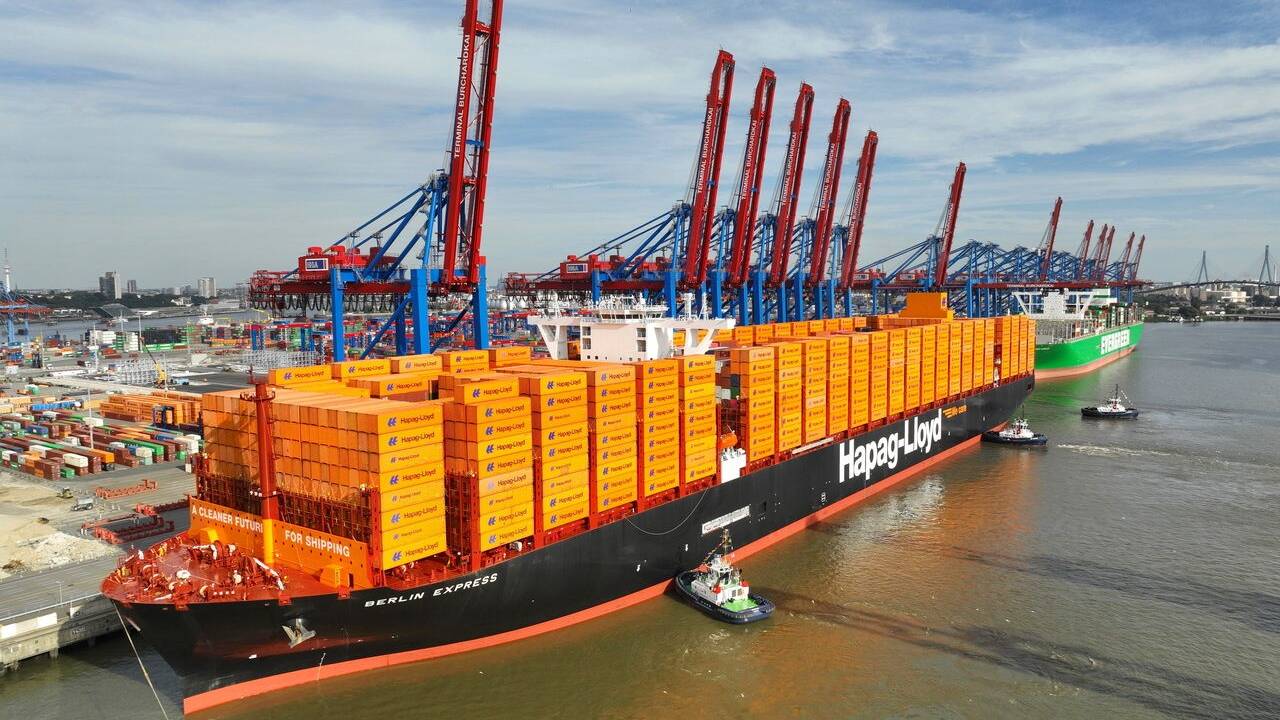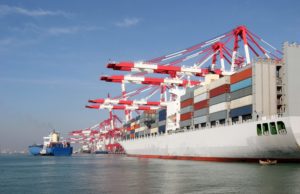Nordic energy company Gasum will bunker Hapag-Lloyd’s container vessels with a total amount of 20,000 mt of waste-based liquefied biomethane (bio-LNG) during 2025–2026.
That follows the tender German carrier Hapag-Lloyd won earlier this year by the Zero Emission Maritime Buyers Alliance (ZEMBA), an initiative of Cargo Owners for Zero Emission Vessels (coZEV) with the mission to accelerate commercial deployment of zero-emission (ZE) shipping solutions.
The tender was for ocean shipping based on waste-based bio-LNG that achieves at least a 90% reduction of greenhouse gas emissions.
Gasum is supplying Hapag-Lloyd with the needed amount of bio-LNG to fulfill the requirements of the ZEMBA tender.
The bio-LNG will be used on a route between Rotterdam and Singapore during 2025–2026.
“This agreement is a stepping-stone towards our target to be net-zero carbon by 2045”, said Jan Christensen, senior director of fuel purchasing at Hapag-Lloyd.
Gasum’s biomethane is produced from waste feedstocks such as biowaste, sewage sludge, manure and other industrial and agricultural side streams.
The residual solids and liquids created in the biogas production process are further processed and used as, for example, fertilizers in agriculture or raw material in industrial processes.
“This agreement demonstrates that the green transition in the maritime transport sector is picking up speed. Gasum is proud to enable this transition by supplying shipping companies with bio-LNG in the Northern European region,” noted Jacob Granqvist, VP, Maritime, Gasum.
“We need all-hands-on-deck to drive the effort, and using bio-LNG to fuel maritime transports is an effective way to reduce emissions already today, rather than in a distant future,” he added.
Gasum produces biogas in its own 17 biogas plants in Finland and Sweden and has additionally established long-term partnerships with certified biogas producers throughout Europe.
The company’s aim is to offer 7 TWh of renewable gas to its customers yearly by 2027, including biomethane and e-methane.
Achieving this goal would mean a combined carbon dioxide reduction of 1.8 million tons per year for Gasum’s customers, the company claims.



